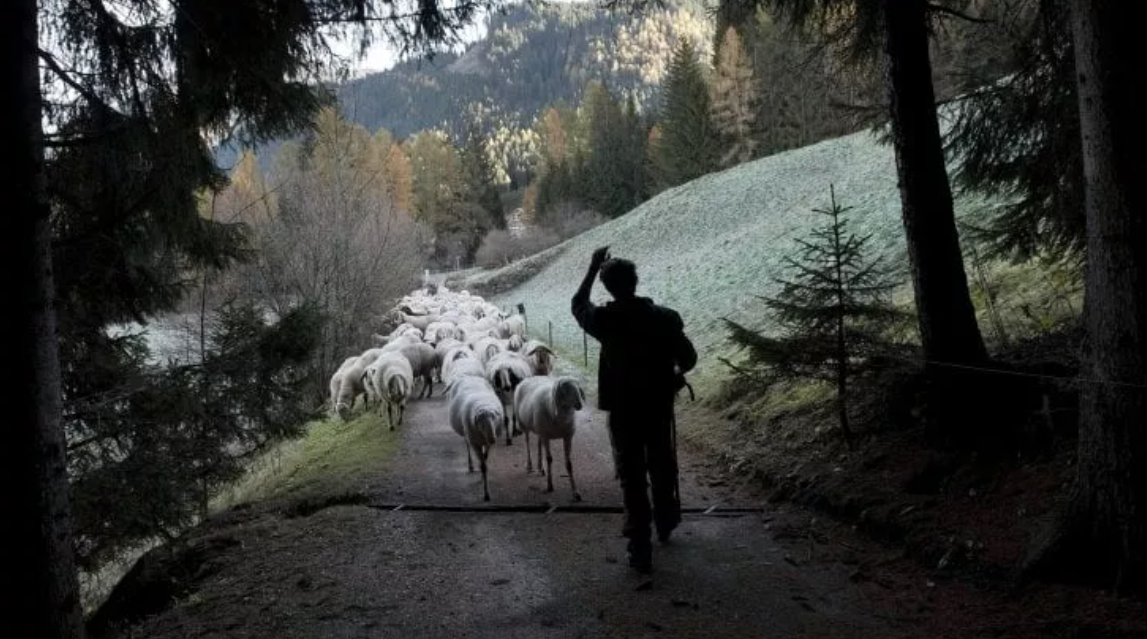
“We were expecting a positive response, but these numbers go beyond any wildest expectations,” said Luca Santini, president of the park.
Located just under 40 miles northeast of Florence lies the Casentino Forest National Park. Come April 2023, the first “ShepherdSchool” will call the Casentini Forest National Park home in order to expand the knowledge of people already in the industry. “ShepherdSchool” will provide free accommodations and enrollment to shepherds and breeders who attend. Accommodations are located either on-site or in close proximity of the park. There are two sections to the program that offer a “dual-training” style environment: the theoretical section and the practical section.
The theoretical section is where qualified professionals (including teachers from universities, researchers, and experts in the field) will teach specified modules, which are lessons that cover specific topics, in the classroom. There are 12 modules that will last eight hours each. Classrooms will be in session on the weekends from April to June for those wanting to learn more about the industry with less free time on their hands or with another occupation.
The practical section of the school consists of visiting and learning from companies that specialize in the field. The hands-on experience students will gain comes from a 30-day internship where they will work alongside skilled individuals that work for companies on the farms in the Casentini Forest National Park. During this part of the program, students will stay on-site at the farms they’re working at or in a nearby residence. The accommodation for this part of the program is also free of charge and covered by the school.
The school became a part of the LIFE project, a program under the EU that promotes and encourages climate and environmental action, under the name “ShepForBio”; which is a movement that will strive to use professions (like shepherds and breeders) to preserve prairie domains and their territories.
“This measure, within the framework of European environmental policies, demonstrates that many economic activities can contribute to the preservation of biodiversity. The Park is firmly convinced that the responsible contribution of man, in a project of sustainable development, reinforces the interdependence between production responsible for goods and services and conservation of ecosystems,” said Luca Santini, President of the Park.
The school also plans to focus on the importance of teaching younger generations more about this industry to avoid a disappearance in the knowledge about the upkeep and functioning of mountain areas. Participants of the program will be taught the tools needed to start a business in the field in order to keep it alive.
Shepherd’s can apply to the school up until Feb. 28. Only six participants will be selected for admission into the program in 2023 based on their motivation, aptitude, and experience. As of now, the school will only continue until 2027.
(Parker Hurley)








